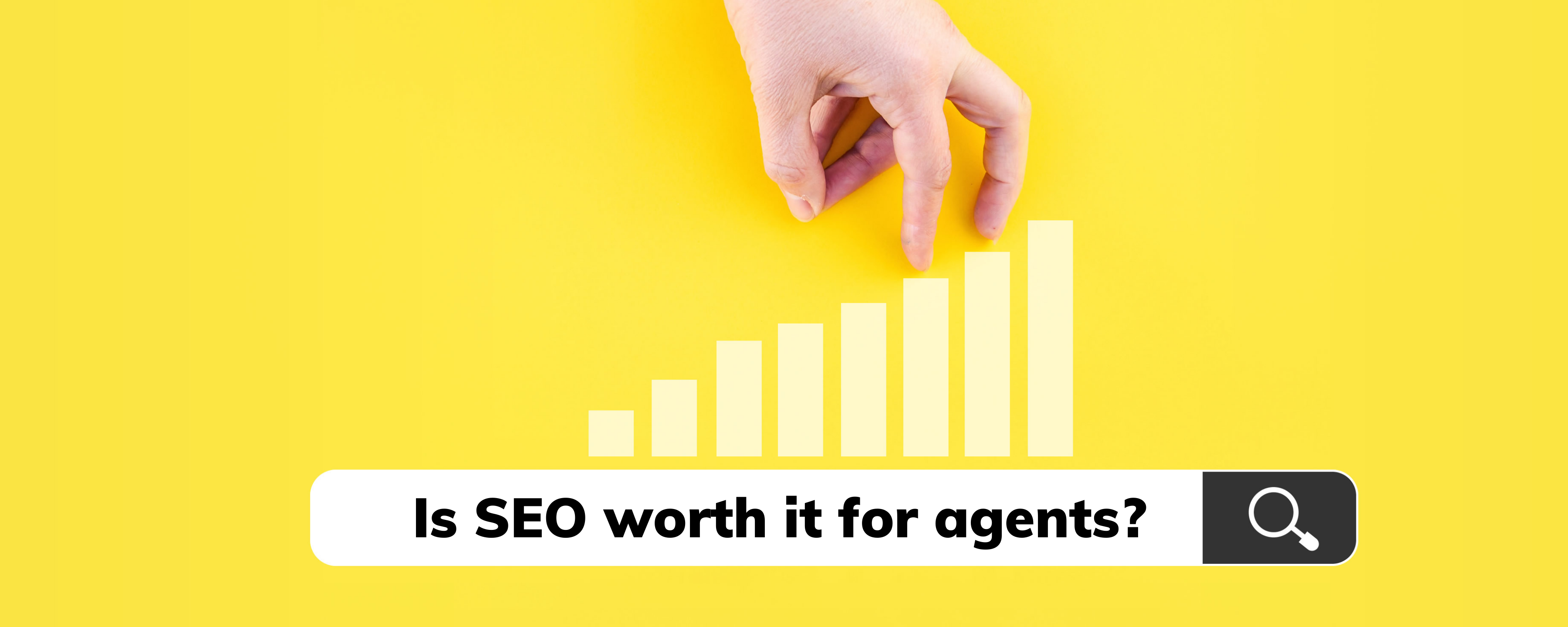By now, you probably know that your website is one of your most powerful marketing tools. It provides your customers with key information, it communicates your brand, and it can even generate leads. None of these benefits can be realized though if no one is able to find your website. Search engine optimization (SEO) matters because ranking higher than your competition in the search engine results pages (SERPs) has a material impact on your bottom line. SEO results in more traffic, which leads to more customers and more deals. These optimizations will have a long-term effect, without perpetual cost.
When a user enters a search term (query) into a search engine, it uses a set of rules, called an algorithm, to sort and deliver results that are relevant to that search query. The output typically contains both sponsored and organic results. For this article, we’re going to look at improving position in the organic search results, as optimizing ads is a very different process. Additionally, organic search results cover more digital real estate, appear more credible to savvy searchers, and receive more clicks than paid advertisements.
The Search Engine Secret Sauce
So, how does the algorithm decide what pages are most relevant to the search query? There’s no exact answer to this question. Each of the major search engines has their own algorithm, which evolves over time. Plus, if any one person knew the exact rules for ranking higher in the results pages of a particular search engine, the results could be manipulated. What is known, are key ranking factors and SEO best practices which have been established over time – through insights from the search engine companies and the experience of web developers all over the world. Understanding these ranking factors and best practices will benefit you with all the major search engines – Google, Bing, DuckDuckGo, etc.
Key Ranking Factors
There are two (yup, just two!) high level ranking factors on which search engine algorithms place the most importance. If you focus on these two factors, you will see better positioning in the SERPs. The first key factor is content. The second key factor is backlinks, which we’ll cover after we discuss content a bit. If you think about it, these factors make perfect sense. What do you have to say for yourself, how do you present it, and what do others have to say about what you’re putting out there?
Content Is King
The phrase “Content is King” was coined by Bill Gates as the title of an essay about the internet, which he published to the Microsoft website in 1996. When we use it in the SEO sense, we mean that higher ranked pages typically offer content that is relevant to the search query AND is both informative and helpful to the visitor. Relevance is important, because if someone was searching for the term “South Florida real estate agent”, they wouldn’t want to receive results that are focused on where to buy hair care products. Informative and helpful content ranks well for variations of search terms; it also ranks well for related terms that your customers are using to search for businesses like yours. People also want to share helpful and informative pages. That lends itself to backlinks, which is the other key high level ranking factor.
The Recipe for Good Content
Good content is well organized, thoughtful, and made up of a mix of mediums. Page titles, descriptions, link structure, and file names should be informative, logical, and correlate with your content. This will in turn signal a better match for search queries and result in higher placement in the results pages. Text, images, and video each have their own benefits for communicating information and concepts to their viewers.
Text is the easiest thing for search engines to process, so you’ll notice that high ranked pages often have a significant amount of text content. It’s also easy to format and organize, which search engines consider as well. Headlines, sub-headlines, and bold or italic text are extremely notable to search engines, as well as your visitors. Using these thoughtfully increases the value of the page. One thing to avoid is using the same keyword or phrase over and over just for the sake of trying to improve your position in the SERPs. Good SEO is purposeful, but not forced. You don’t want your page to look like a blackboard where a student had to write the same phrase a hundred times.
The Devil Is in The Details
Once you’ve made sure that you have good content and people are linking to your pages, you can begin to optimize your website on a more granular level. You can optimize everything from page structure to resource loading times. These optimizations generally require a more advanced level of web design knowledge, but they can have additional impact on positioning in the SERPs.
No matter how good your SEO is, you’ll always want to keep your current and prospective clients’ needs as your number one priority. That means providing them with the right information at the right time, in a way they can understand. If you do this, you’ll continue to see more web traffic, which will help your business grow and your bottom-line flourish.
Originally appeared on Mile62, August Issue.


 Facebook
Facebook
 X
X
 Pinterest
Pinterest
 Copy Link
Copy Link
